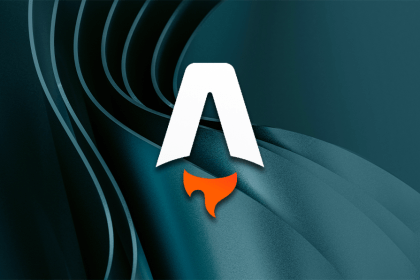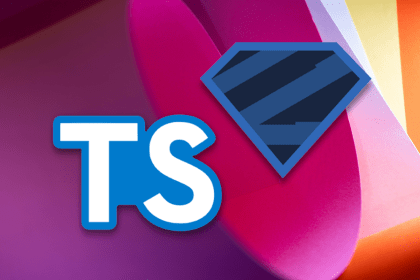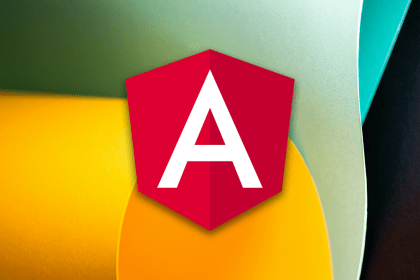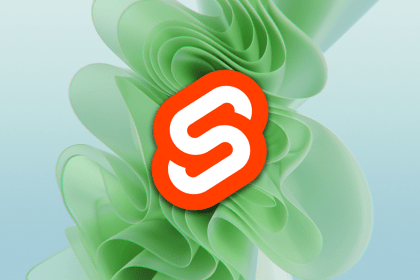
Discover the principles, tools, and five stages of the UX design process to understand why it’s important to know your customer better.

Melanie Cummings, VP of Product and UX at Fabletics, talks about the nuances of omnichannel strategy in a membership-based company.

Playwright has become one of the leading technologies for writing end-to-end tests for modern web apps thanks to its rich and intuitive API.

Josh Patrick talks about effective conversion rate optimization (CRO) techniques, such as trust builders and safety and security measures.

We build a simple web API using MySQL and Drizzle, an ORM built in TypeScript that offers a more flexible and extensible solution than alternatives like Prisma and TypeORM.

Astro v4.8 ships with server actions and request rewriting. Let’s see how to use these long-awaited (though still experimental) features.

Learn how to enhance TypeScript runtime type safety using Zod for schema validation and dynamic form validation.

UX professionals should prioritize accessibility in digital products. Let’s discuss how to do so using modern accessibility APIs.

Ashley Daniels talks about how Best Buy utilizes AI to transform the contact center space and optimize customer experiences.

Angular v18 introduced an experimental feature called zoneless change detection, eliminating the need for Zone.js.

For some years now, developers have faced many performance challenges while using traditional JavaScript runtimes like Node.js and Deno. Even […]

See how to use Svelte 5’s new runes system to declare reactive states and compare them to the existing approach to reactivity in Svelte 4.